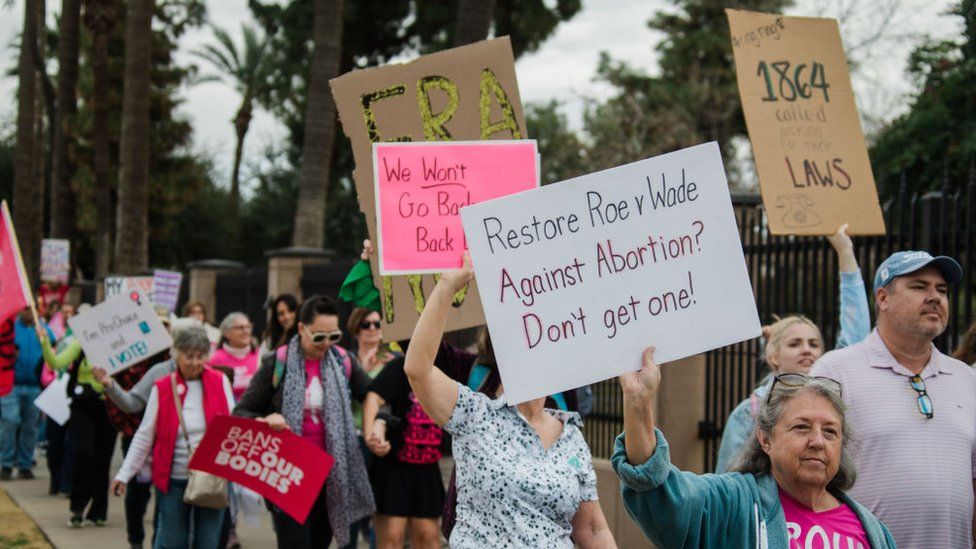As the clock struck midnight, Florida’s new abortion legislation came into effect, marking a significant shift in reproductive rights within the state. Previously known as a sanctuary for abortion access in the South following the overturning of Roe v. Wade, Florida now enforces a ban on abortions after six weeks of pregnancy.
Before this latest law, Florida permitted abortions up to 15 weeks, attracting over 9,300 individuals seeking abortion care from neighboring states in 2023 alone. This surge reflects the stark contrast between Florida’s comparatively lenient regulations and the stricter restrictions in surrounding states.
The new law criminalizes performing or participating in abortions beyond six weeks, with exceptions for cases of rape, incest, and human trafficking up to 15 weeks. However, concerns arise regarding potential delays in accessing care due to legal ambiguities and fears among healthcare providers about legal repercussions.
Abortion providers in Florida made concerted efforts to accommodate patients before the law’s implementation, yet confusion persisted among some individuals regarding the state’s restrictions and timelines.
For instance, Cassie, a 20-year-old native Floridian, had her first consultation at an abortion clinic just two days before the ban took effect, unaware of the impending change. While she was within the permissible timeframe, she empathized with others who might now face increased difficulty obtaining abortions.
Meanwhile, anti-abortion-rights groups applaud the legislation, framing it as a victory for life and touting the state’s allocation of $25 million to crisis pregnancy centers. However, critics argue that such centers may provide misleading information, complicating the decision-making process for pregnant individuals.
With Florida joining nine other Southern states in implementing stringent abortion bans and neighboring states enforcing similar restrictions, the availability of abortion services in the region has significantly dwindled. This development forces many individuals to travel long distances to access care, exacerbating financial and logistical challenges.
Organizations like the Florida Access Network and A Woman’s Choice are gearing up to assist individuals in navigating these obstacles, offering support with expenses related to out-of-state abortions and providing information about remaining legal options.
As Florida’s abortion landscape undergoes seismic changes, the repercussions extend far beyond state borders, reshaping the landscape of reproductive rights in the Southeast and prompting renewed debates over access to safe and legal abortion care.


















